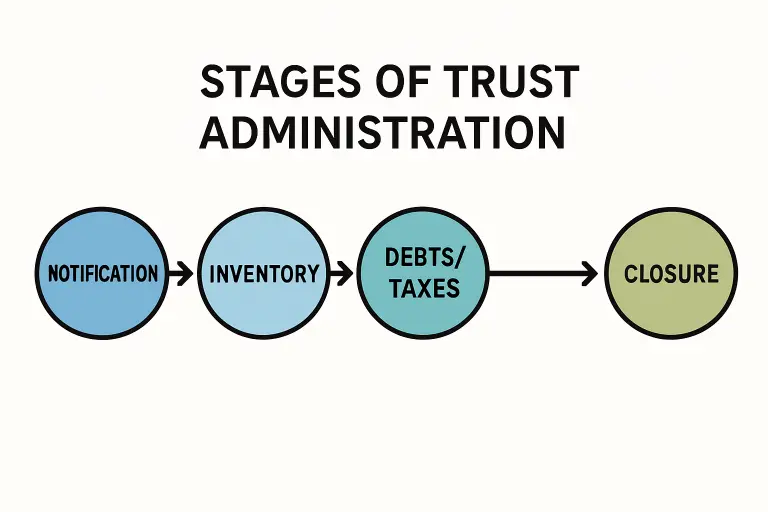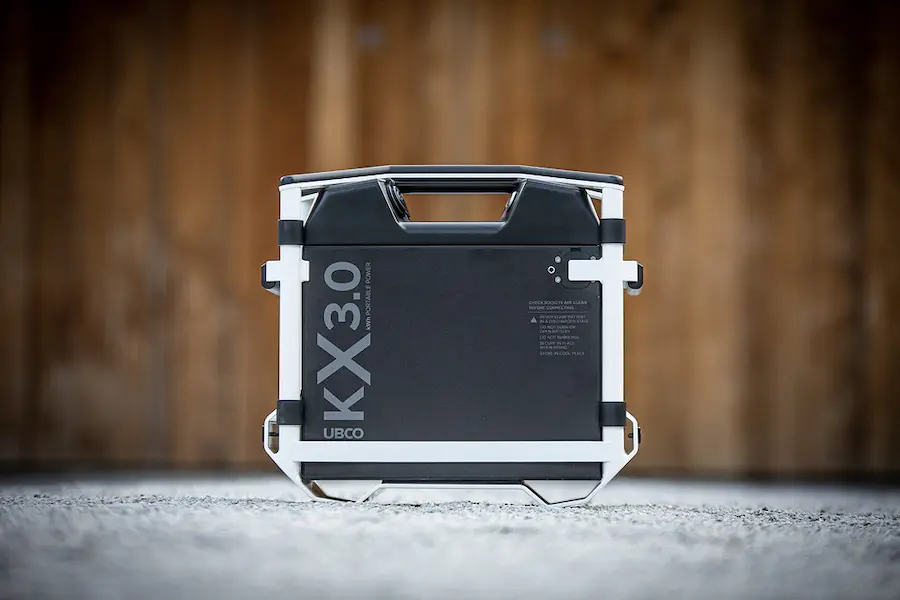Successful tendering requires more than just a well-crafted bid. Companies need a deep understanding of their specific niche sector to truly stand out and win contracts. Specialised knowledge allows businesses to tailor their proposals, showcasing their ability to deliver superior results. This blog post explores the crucial role of expertise in niche sectors for securing successful tenders.
Table of Contents
Understanding the Importance of Sector-Specific Expertise
General knowledge is no longer sufficient in the competitive world of tendering. Companies must exhibit a thorough grasp of the sector they are targeting. This specialised insight helps in crafting proposals that not only meet but exceed the client’s expectations, addressing specific industry challenges and opportunities.
When a company hones its focus on a niche sector, it gains the ability to speak the language and understand the standards and unique expectations of that field. This depth of knowledge can significantly boost the credibility of the bid, making it more compelling to the awarding bodies.
The Role of Research and Development
Investing in research and development (R&D) within a niche sector is a key strategy for gaining a competitive edge. R&D enables companies to stay ahead of industry trends, develop innovative solutions, and fine-tune their offerings to better meet client needs. This proactive approach can greatly enhance the quality of tenders submitted.
R&D efforts showcase a commitment to continuous improvement and a deep understanding of the sector. Highlighting ongoing projects and future plans in tenders can instil confidence in potential clients. Demonstrating these initiatives strengthens the bid and positions the company as a leader in its field.
Collaboration and Networking
Building strong relationships within a niche sector provides invaluable insights and opportunities. Networking with industry professionals, attending sector-specific conferences, and participating in relevant forums help companies stay informed about the latest developments and best practices. These connections can also lead to partnerships that enhance bid capabilities.
Collaborating with experts and other businesses in the sector further enhances a company’s credibility. Joint ventures and partnerships pool resources and expertise, leading to more comprehensive and compelling tenders. Such collaborations demonstrate to clients that the company has the necessary support and knowledge to successfully execute the project.
Leveraging Case Studies and Past Successes
A powerful way to demonstrate expertise in a niche sector is through case studies and examples of past successes. Highlighting previous projects that align with the tender requirements provides concrete evidence of a company’s capabilities. Detailed case studies should include challenges faced, solutions implemented, and measurable outcomes achieved.
For instance, Kittle Group effectively utilises case studies to showcase their proficiency in various sectors. By presenting detailed accounts of past projects, they illustrate their ability to deliver high-quality results. This approach builds trust with potential clients and sets a benchmark for the expected quality of work.
Continuous Learning and Adaptation
The landscape of any niche sector is constantly evolving, and businesses must adapt to stay relevant. Continuous learning through professional development, training programs, and staying updated with industry publications is essential. Companies that prioritise learning are better equipped to anticipate changes and respond to new challenges.
Adaptability also plays a crucial role in the tendering process. Businesses that can quickly adjust their strategies and offerings based on feedback and market shifts are more likely to succeed. Flexibility in approach and a willingness to embrace new technologies and methodologies can make a significant difference in the competitiveness of a tender.
Tailoring Bids to Client Needs
Understanding the specific needs and priorities of the client is fundamental to crafting a successful tender. A deep knowledge of the niche sector allows businesses to anticipate these needs and tailor their proposals accordingly. This client-centric approach demonstrates a commitment to delivering solutions that align with the client’s goals and objectives.
Personalising the bid to reflect the client’s unique situation can make a significant impact. By addressing the client’s pain points and offering tailored solutions, companies can show they are not just bidding for the sake of winning but are genuinely interested in contributing to the client’s success.
By focusing on these strategies, companies can leverage their expertise in niche sectors to craft more compelling and successful tenders. This approach not only increases the chances of winning contracts but also builds a reputation for excellence and reliability within the industry.































































































































































































































































































































































































































































































































































































































































































































































































































































































































































































































































































































































































































































0